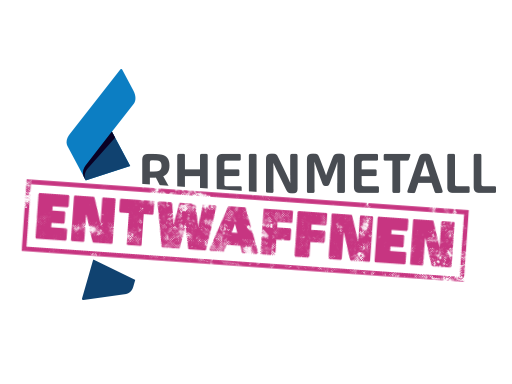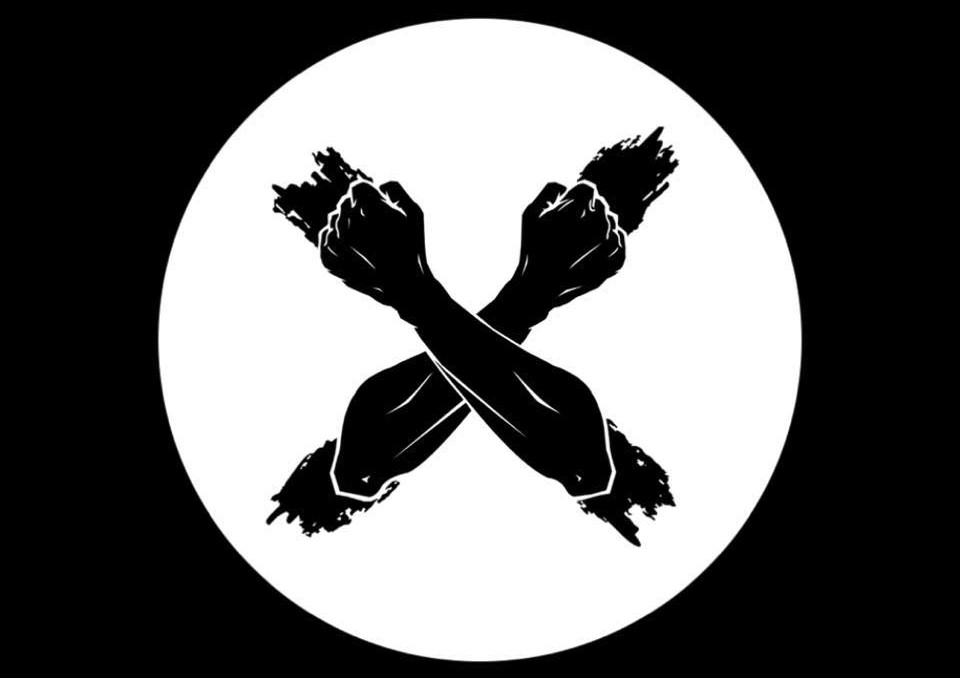On Whitsun week-end (26th – 29th May), hundreds of activists from throughout Germany and beyond will come together in Berlin to discuss and network.
The Marxismuss conference begins on Friday with seminar day. Here, we take a full day to introduce different aspects of Marxist theory. On the following days, the conference offers over 100 meetings – a diverse and exciting programme of presentations, debates and panel discussions.
The conference is organised by the marx21 network. We want to contribute to strengthening the Left and die LINKE, so as to build an alternative power to capitalism.
You can find the full programme here. Most meetings will be in German, but the following are in English, or with translation into English:
-
Friday 11am, Marxist Content in Social Media withTarek Shalaby
-
Saturday 12 noon, Sudan – Between Revolution and Counterrevolution with Sara Abbas
-
Saturday 12 noon, Economic Crisis & Inflation – Analysis of the Global Economy with Michael Roberts
-
Saturday 3pm, Kurdistan: How can the Struggle for Freedom be successful? with Burak Demir and Azad Hawrami
-
Saturday 3pm, Philosophy and Revolution: What is the Dialectic? with Richard Donnelly
-
Saturday 5pm, The Struggle for National Liberation – a Step on the Way to Socialism? with Alex Callinicos
-
Saturday 7.30pm 75 Years Nakba: The Ethnic Cleansing of Palestine with Ilan Pappe
-
Sunday 10am Israel‘s (Fascist) Government: What does it mean for Palestinians? with Hebh Jamaland Rob Ferguson
-
Sunday 10am The story of the occupation at GKN in Florence. On the status of the conversion project with Lukas Ferrari & Francesca Gabbriellini
-
Sunday 12 noon Between Catastrophe and Revolution – the Legacy of Mike Davis with Alex Callinicos
-
Sunday 12 noon Turkey after the Earthquake and the Elections with Burak Demir
-
Sunday 3pm Mass Strikes and Crisis in Britain and France – a Review with Ian Allinson & Joseph Choonara
The conference takes place in the Neues Deutschland building, Franz-Mehring Platz 1. You can register here. Tickets are also available on the door.




